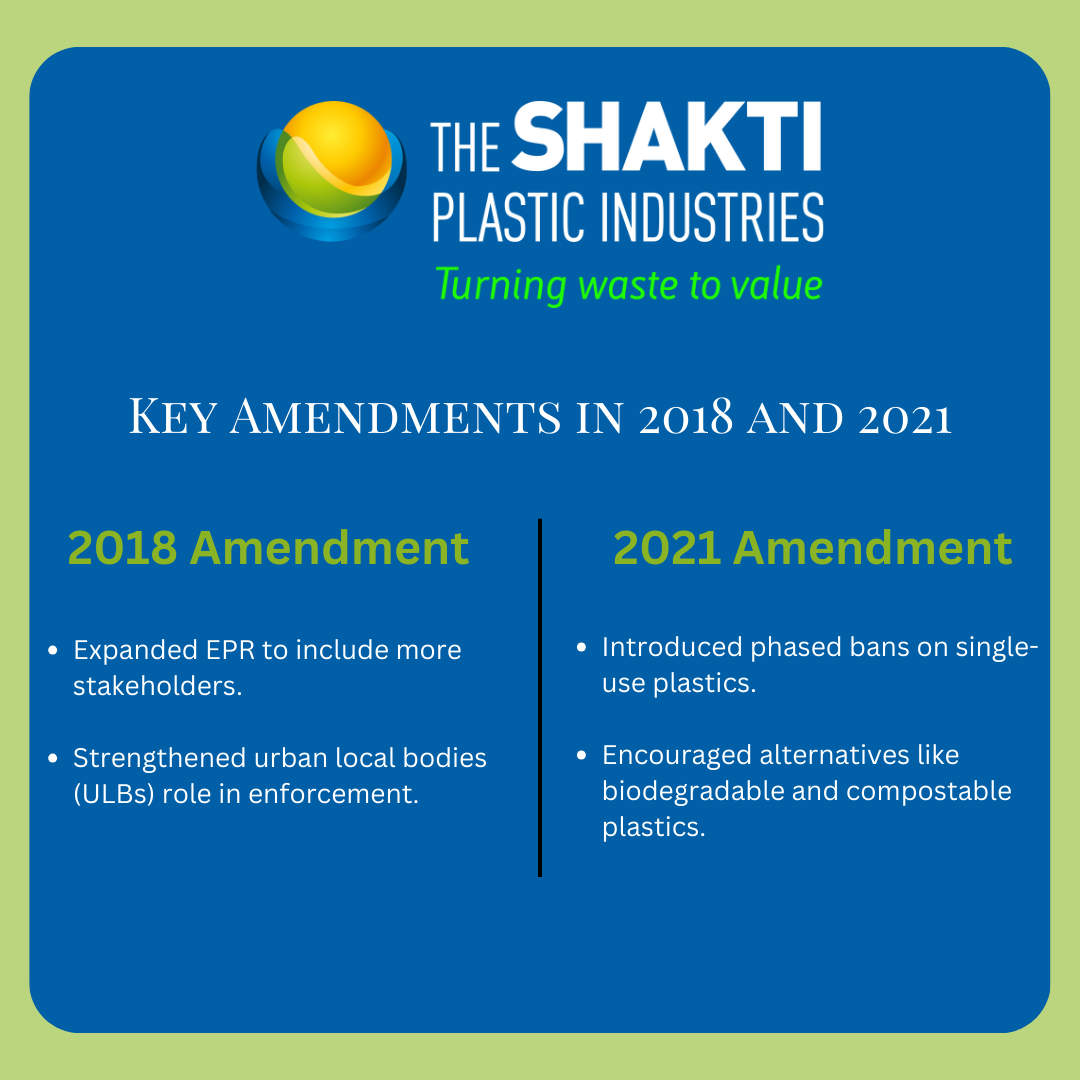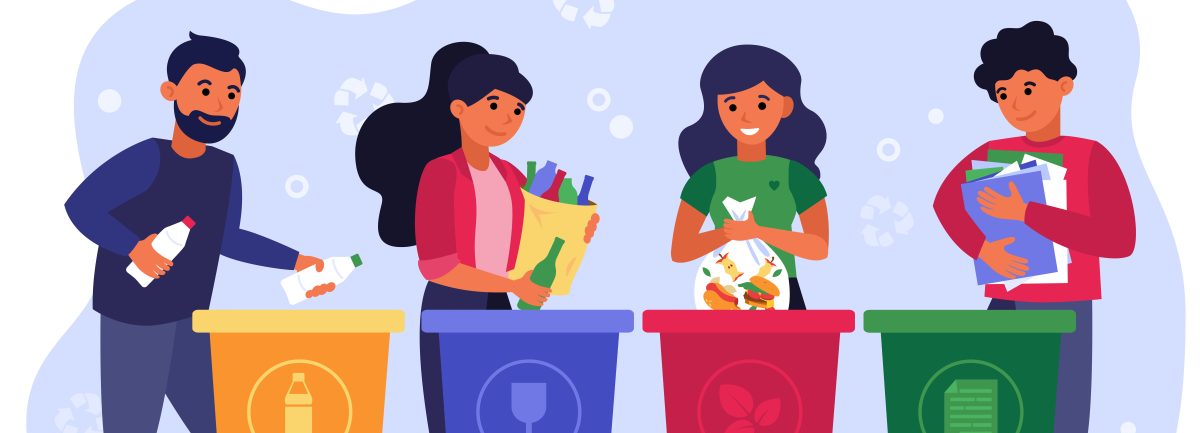Plastic pollution is a growing challenge in India, and the Plastic Waste Management (Amendment) Rules 2024 India aim to address this pressing issue with a comprehensive approach. In this article, we’ll dive deep into the evolution, key features, and anticipated impact of the 2024 amendments, offering actionable insights and strategies to create a sustainable future.
Introduction to PWM (Amendment) Rules 2024
India’s plastic waste management journey began with a need to tackle rising plastic pollution. The initial framework set the stage for better regulation and management of plastic use and disposal.
Background of Plastic Waste Management
Since the inception of the Plastic Waste Management Rules in 2016, India has been proactive in addressing the challenges of plastic pollution. The rules have undergone several amendments to accommodate the dynamic nature of environmental needs, with the latest being in 2024.
The Plastic Waste Management Rules 2016: A Foundation
The Plastic Waste Management Rules 2016 served as a foundational step, introducing extended producer responsibility (EPR), which placed accountability for waste management on producers and brand owners. Key features included:
- Ban on plastic bags below 50 microns to discourage single-use plastics.
- Mandatory segregation of waste at the source.
- Promotion of recycling and reuse of plastic materials.
Key Amendments in 2018 and 2021
 Subsequent amendments addressed gaps and included stricter regulations:
Subsequent amendments addressed gaps and included stricter regulations:
- 2018 Amendment:
- Expanded EPR to include more stakeholders.
- Strengthened urban local bodies (ULBs) role in enforcement.
- 2021 Amendment:
- Introduced phased bans on single-use plastics.
- Encouraged alternatives like biodegradable and compostable plastics.
Overview of the Plastic Waste Management (Amendment) Rules 2024
The 2024 amendments represent a significant policy shift, introducing new mechanisms to manage plastic waste more effectively.
Core Objectives of the 2024 Rules
- Enhance EPR compliance through digital tracking systems.
- Promote waste-to-energy and waste-to-product innovations.
- Expand penalties for non-compliance to deter violations.
New Regulatory Mechanisms Introduced
- Digital EPR Certificates: Encourages traceability.
- Mandatory Use of Recycled Plastics: Producers must incorporate a percentage of recycled materials into their products.
- Integration of Informal Sectors: Recognizing the contribution of waste pickers in plastic recycling.
Responsibilities of Producers and Importers
Producers, importers, and brand owners are now mandated to follow the Extended Producer Responsibility (EPR), which includes the registration under the EPR for a specified registration period, promoting a sense of ownership and responsibility for the end-of-life of plastic products.
Changes in Plastic Packaging Norms
The amendment brings forth stricter norms for rigid plastic packaging, pushing for innovation and the use of sustainable materials in packaging, a significant source of plastic waste.

Waste sorting concept. Happy people put plastic, glass, bio, and paper garbage into different dumpsters. Vector illustration for environment protection and recycling topics
Operational Details
The compliance deadlines and the specifics regarding annual returns are clearly stated in the amendment, with the last date for filing being the 31st of October for the financial year 2022-2024. This creates a clear timeline for businesses to follow.
Penalties and Enforcement
Non-compliance with the new rules could lead to penalties. The amendment ensures that the rules are not merely guidelines but enforceable mandates that hold businesses accountable.
Implications for Businesses
Businesses will need to adjust their practices to conform to the new rules. It involves understanding the implications of the changes and taking appropriate steps to ensure compliance.
Sustainability and Environmental Impact
The Plastic Waste Management Rules 2024 are expected to positively impact the environment by minimizing plastic waste and promoting recycling and sustainable practices.
Consumer Awareness and Participation
Consumer participation is crucial to the success of these rules. Raising awareness about the importance of waste segregation and responsible disposal can go a long way in complementing the government’s efforts.
Future of Plastic Waste Management
The future of plastic waste management looks promising with the new amendment. It lays the groundwork for more robust policies and initiatives that will further the cause of environmental sustainability.
Conclusion
The Plastic Waste Management Rules 2024 mark a pivotal moment in India’s environmental policy. As we move forward, all stakeholders must collaborate and ensure the rules’ successful implementation.
Frequently Asked Questions (FAQs)
1. What are the key highlights of the Plastic Waste Management (Amendment) Rules 2024?
The 2024 rules introduce digital EPR certificates, mandatory use of recycled plastics, and enhanced penalties for non-compliance.
2. How do the 2024 rules address plastic pollution in India?
The rules emphasize EPR, promote recycling innovations, and integrate informal waste collectors to tackle plastic pollution holistically.
3. Who is responsible for implementing the 2024 rules?
Producers, urban local bodies, and waste management stakeholders are key to implementing these rules.
4. What role does EPR play in the 2024 amendments?
EPR ensures that producers are responsible for waste collection and recycling, supported by digital monitoring systems.
5. How can individuals contribute to effective plastic waste management?
Individuals can reduce single-use plastic, segregate waste, and support recycling initiatives.
6. What challenges lie ahead in implementing these rules?
Infrastructure gaps, public participation, and enforcement remain significant hurdles.

